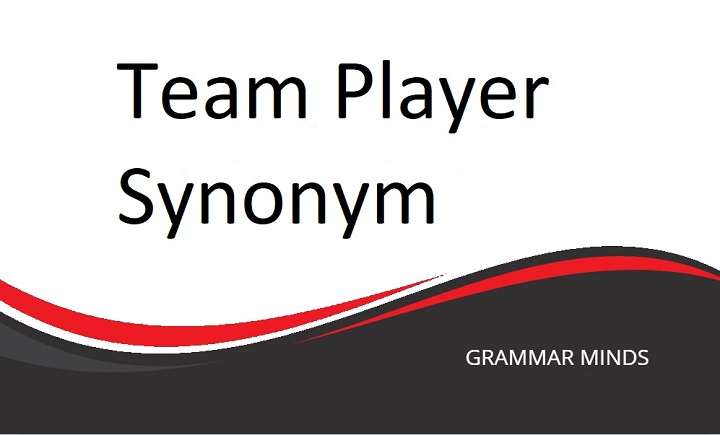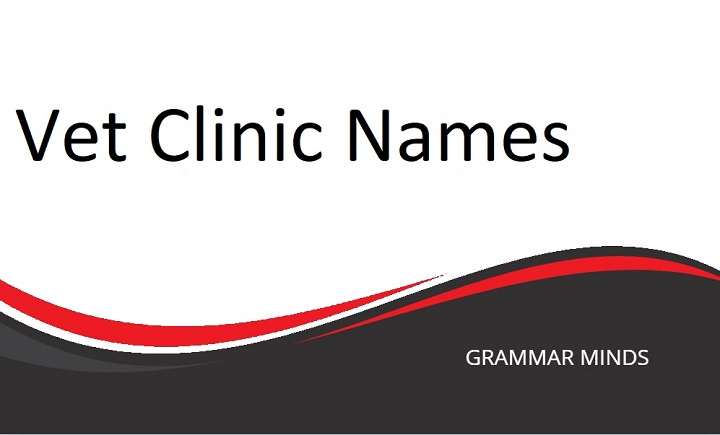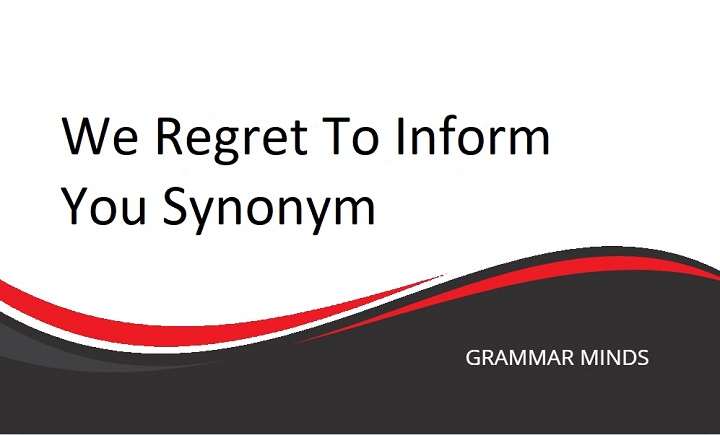Do you find yourself using the phrase “team player” repeatedly? Have you grown tired of this repetitive expression when communicating in your professional or personal life? Whether you’re preparing a cover letter, having a discussion with colleagues, or complimenting a coworker, relying too heavily on this one phrase can make your language seem monotonous and predictable.
Don’t worry! We’ve compiled a handy list of alternative phrases that you can use to mix things up and sound more varied in your conversations. From formal options to more casual alternatives, you’ll find a synonym for “team player” suitable for every context.
Other Ways to Say “Team Player”
Collaborative Colleague
Cooperative Partner
Contributing Member
Supportive Colleague
Cooperative Worker
Active Contributor
Group-Oriented Professional
Dependable Partner
Synergistic Worker
Effective Collaborator
Key Notes
The phrase “team player” is grammatically correct and suitable for both formal and informal situations. However, it can sometimes feel a bit basic or overused, especially in professional settings like resumes, emails, or interviews. Incorporating synonyms into your communication can make your message sound more dynamic and engaging.
For example, you can use “Collaborative Colleague” in formal settings such as emails or team meetings. On the other hand, “Cooperative Partner” is a great informal alternative, perfect for casual conversations or when you want to show appreciation in a friendly manner.
Keep reading to discover how to use these phrases in both formal and informal situations, along with real-life examples of how they can be applied effectively.
Collaborative Colleague
Usage:
If you’re looking for a more formal way to say “team player,” try using “Collaborative Colleague.” This alternative adds a touch of sophistication, making it ideal for professional environments such as emails or meetings. It emphasizes the individual’s role in working effectively with others, portraying them as someone who not only contributes but also elevates the entire group’s performance.
Example (in an email):
Dear Sarah,
Thank you for your hard work on the recent project. I especially appreciate you being a collaborative colleague and ensuring that all voices were heard during our discussions.
Best regards,
John
Cooperative Partner
Usage:
A more informal alternative to “team player” is “Cooperative Partner.” This phrase works well in conversations where you are speaking to people you are already familiar with, such as friends, colleagues you know well, or family. It conveys a sense of mutual respect and willingness to work together toward a shared goal.
Example (in conversation):
Hey James,
Thanks for helping me out with that presentation yesterday! You were such a cooperative partner throughout the whole process, and it made everything run smoothly.
Catch you later!
Contributing Member
Usage:
“Contributing Member” is another excellent formal substitute for “team player.” It highlights the fact that the person is not just present but actively involved in the group’s success. This phrase is often used in organizational or professional settings, making it ideal for reports, reviews, or formal introductions.
Example (in a report):
Jane has been an outstanding contributing member of the project team. Her insights and consistent efforts have significantly advanced our work toward meeting the deadline.
Supportive Colleague
Usage:
“Supportive Colleague” is a good mix of formal and informal language. This phrase can be used to describe someone who always provides encouragement and help to others in a professional setting. It suggests that the individual is a reliable and reassuring presence within the group.
Example (in a team meeting):
I’d like to recognize Tom for being such a supportive colleague. He consistently goes out of his way to assist others and ensure everyone feels comfortable asking for help.
Cooperative Worker
Usage:
“Cooperative Worker” is a more straightforward synonym for “team player,” perfect for formal communications like performance reviews or feedback sessions. It stresses the individual’s ability to collaborate and work harmoniously with others, ensuring smooth operations.
Example (in a performance review):
Sam has been a very cooperative worker. He consistently works well with his peers and contributes to maintaining a positive work environment.
Active Contributor
Usage:
When you want to emphasize someone’s active role in a project or group effort, “Active Contributor” is a great option. It shows that the person isn’t just along for the ride but is a key figure in driving the group’s goals forward. This term works well in both formal and informal settings.
Example (in a project update email):
I’d like to highlight Laura’s role as an active contributor to this initiative. Her dedication and proactive approach have been critical to our progress.
Group-Oriented Professional
Usage:
“Group-Oriented Professional” is ideal for formal settings, particularly when discussing someone’s overall approach to their work. It suggests that the individual always keeps the group’s interests in mind and works well within a team framework.
Example (in a formal recommendation):
As a group-oriented professional, Michael consistently demonstrates his ability to work within teams and foster productive collaborations. His contributions have been invaluable to our department’s success.
Dependable Partner
Usage:
“Dependable Partner” leans toward an informal tone but can still be used in semi-professional contexts. It’s a great way to express appreciation for someone who consistently shows up and provides reliable support to their peers or team members.
Example (in casual conversation):
Thanks for all your help with the event planning, Michelle! You’re such a dependable partner—I know I can always count on you.
Synergistic Worker
Usage:
For a more dynamic and formal option, “Synergistic Worker” highlights the person’s ability to bring out the best in others and enhance overall group performance. It’s particularly suitable for high-level team reports or professional endorsements where you want to emphasize collaborative success.
Example (in a performance summary):
Rachel’s approach as a synergistic worker has made a noticeable difference in how our teams collaborate. She creates a sense of unity and consistently helps us exceed our targets.
Effective Collaborator
Usage:
“Effective Collaborator” is a versatile phrase that can be used in both formal and informal settings. It suggests that the person is not only able to work well with others but also delivers tangible results through their collaborative efforts.
Example (in a client testimonial):
John has been an effective collaborator throughout our partnership. His ability to coordinate with multiple stakeholders and keep projects on track has been outstanding.
Is It Correct to Say “Team Player”?
Yes! “Team player” is grammatically correct and suitable for both formal and informal settings. It’s a versatile phrase that can be used in professional emails, conversations with colleagues, or casual chats with friends. However, it can start to feel overused in certain contexts, which is why varying your language with the synonyms provided above can be helpful.
You can also try slight variations of this phrase, like the following:
- “Valuable Team Member”
- “Key Player in the Team”
- “Integral Part of the Team”
Also Read
School Name Ideas: How to Choose the Perfect Name for Your Institution
In conclusion, “team player” is a perfectly acceptable and grammatically correct phrase, whether you’re using it in a formal or informal setting. However, the alternative phrases provided in this article will help you diversify your vocabulary and communicate more effectively in different contexts. By using options like “Collaborative Colleague” or “Dependable Partner,” you can make your message more engaging while still conveying the same meaning.
Diversifying your language will not only make you sound more polished but also ensure your communication is fresh and impactful!







